Agnes Shea was only 18 when she left the Philippines to escape martial law.
President Ferdinand Marcos had suspended civil rights in the country and imposed military authority.
"There was always shortage of rice, there was also shortage of water, we never had water from the tap like we do here in Australia," she told SBS News from her home in Sydney.
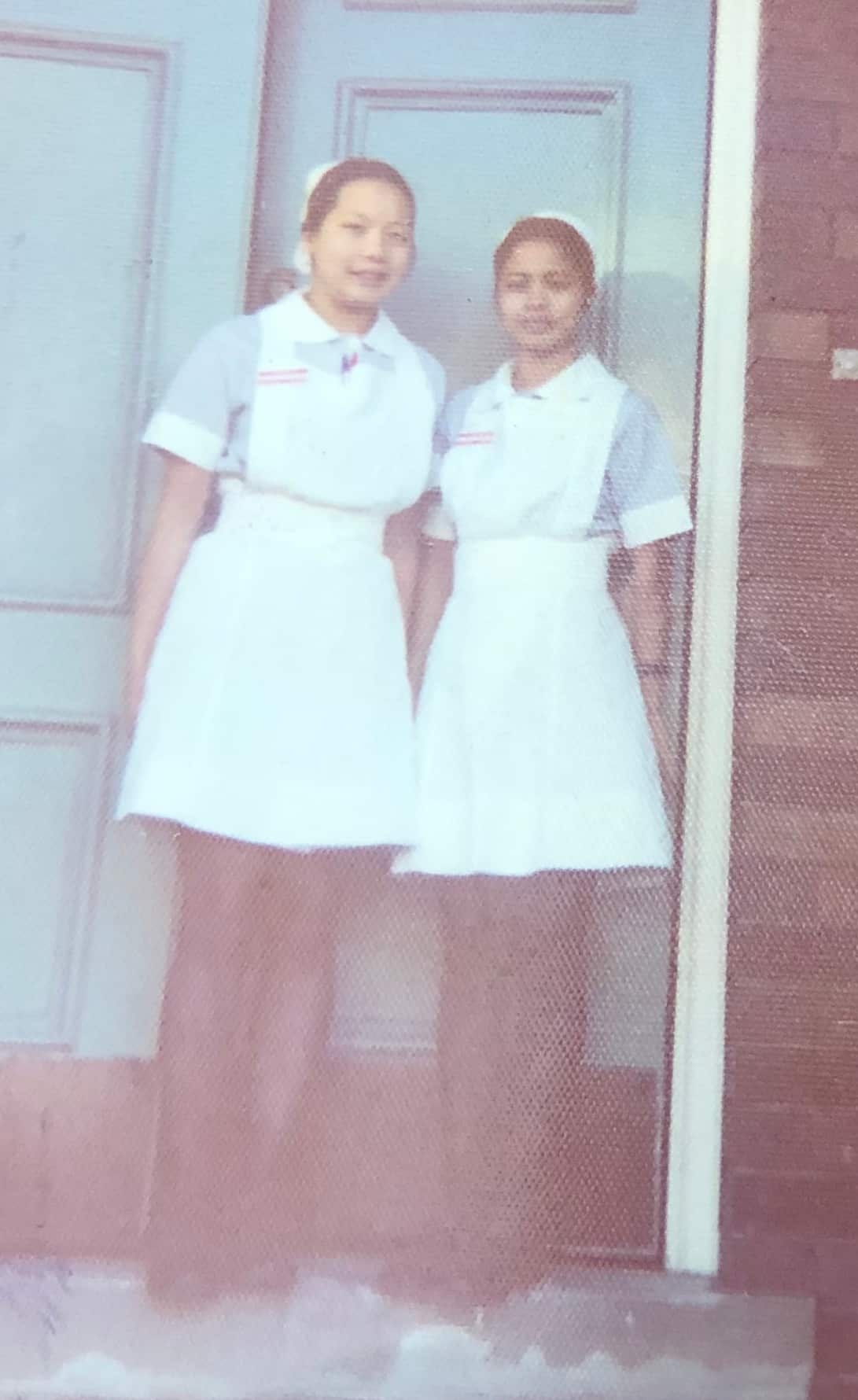
That was 45 years ago, and the teenager, who had never even been allowed to have a sleepover, suddenly found herself alone and working in a new country.
Agnes was training to be a nurse and went on to get a job at Balmain Hospital in Sydney's inner-west. But it was hard leaving her parents and six siblings behind.
"I was just sort of going along with it, that's what they [parents] wanted me to do. It was tough, there was seven of us [children]," she said.
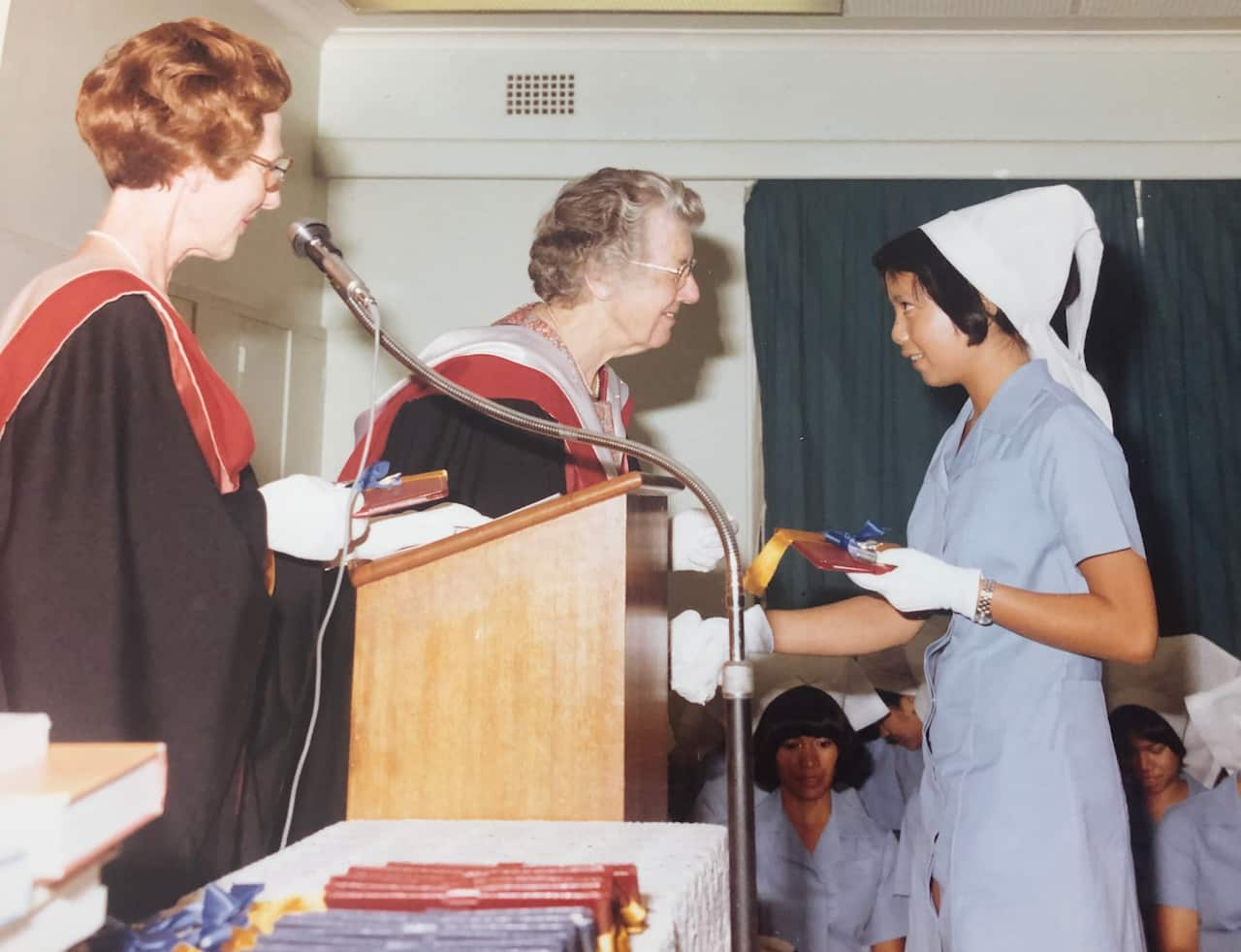
"The hardest part was the shift work ... the tiredness that followed, and then the study, and not being there to watch my siblings grow," she said.
But Agnes knew the work was helping her family back home.
"I knew I was doing honest work, I was doing a good thing by being out here."
She would go on to meet an Australian man, a fellow nurse, and the couple settled in Sydney and had two children together.
When one of them, playwright Jordan Shea, travelled to the Philippines in 2017, he uncovered photos his mother sent home during her early years in Australia.
That's when, he said, he knew he wanted stories like his mother's to be told.
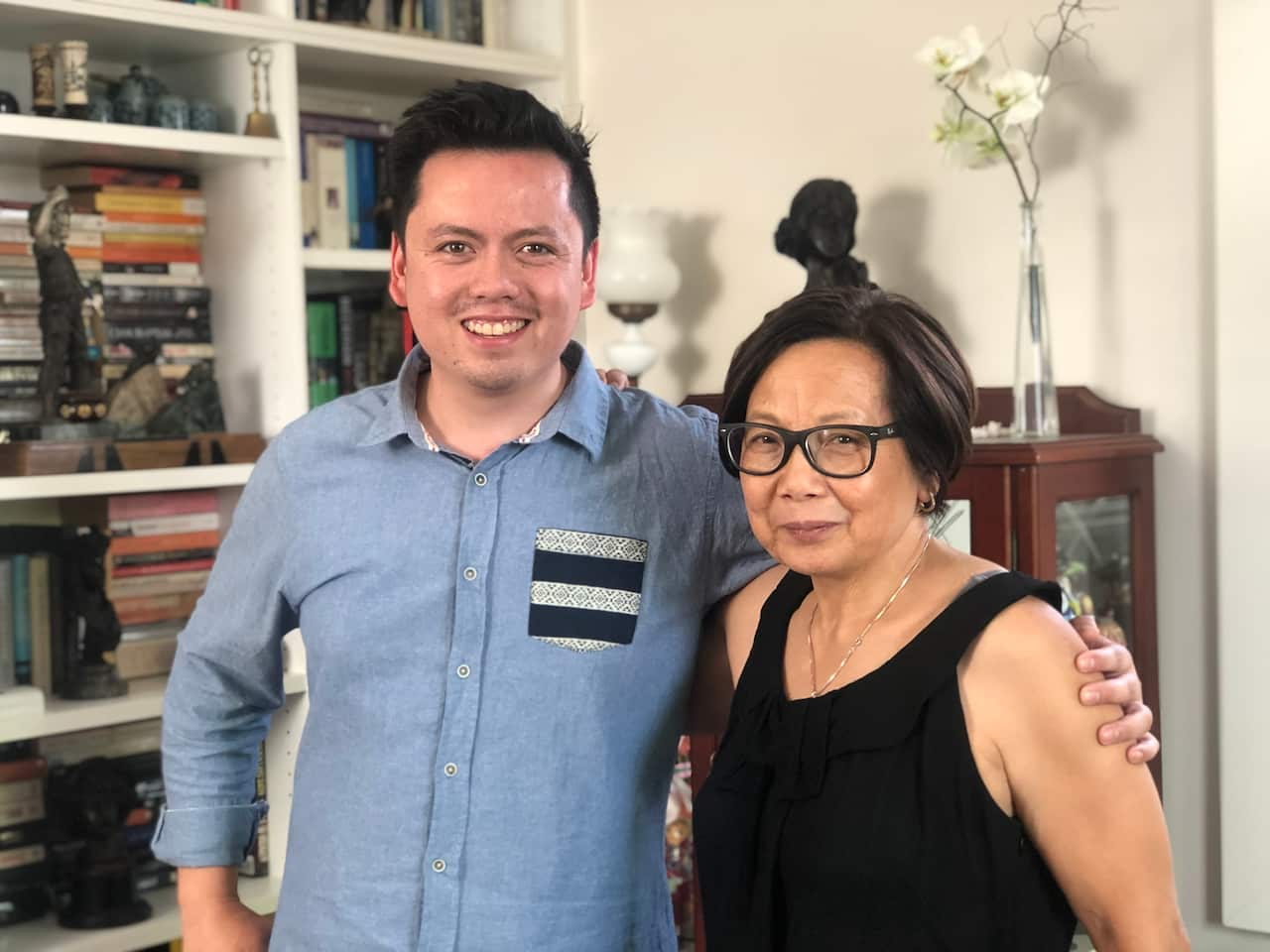
"I have an urgent need to put Asian and migrant stories on stage," he said.
A group of Filipino nurses in 1974 Australia is now the subject of his play Kasama Kita (meaning 'I'm with you'), which opens at Sydney's Belvoir St Theatre on Friday.
It follows the fictional lives of Nancy, Antero and Cory as they train under the watchful eye of a jaded matron who echoes the sentiments of a country unwelcoming to first-generation immigrants.
Migrants' role in Australian healthcare
Australia's healthcare system has relied on migration for decades, skilled migration expert Professor Lesleyanne Hawthorne told SBS News, "in fact, many people concede rural medicine would collapse without foreign-trained doctors and nurses".
From the 1960s to 1980s - during the period Agnes migrated - 221 Filipino nurses arrived in Australia, along with 660 diploma-qualified nurses who would have generally not been regarded as registered nurses until receiving further training.
“The Philippines was a developing country with very few economic opportunities and qualifying as a nurse was a ticket to the world,” said Professor Hawthrone, who works in health policy at the University of Melbourne.
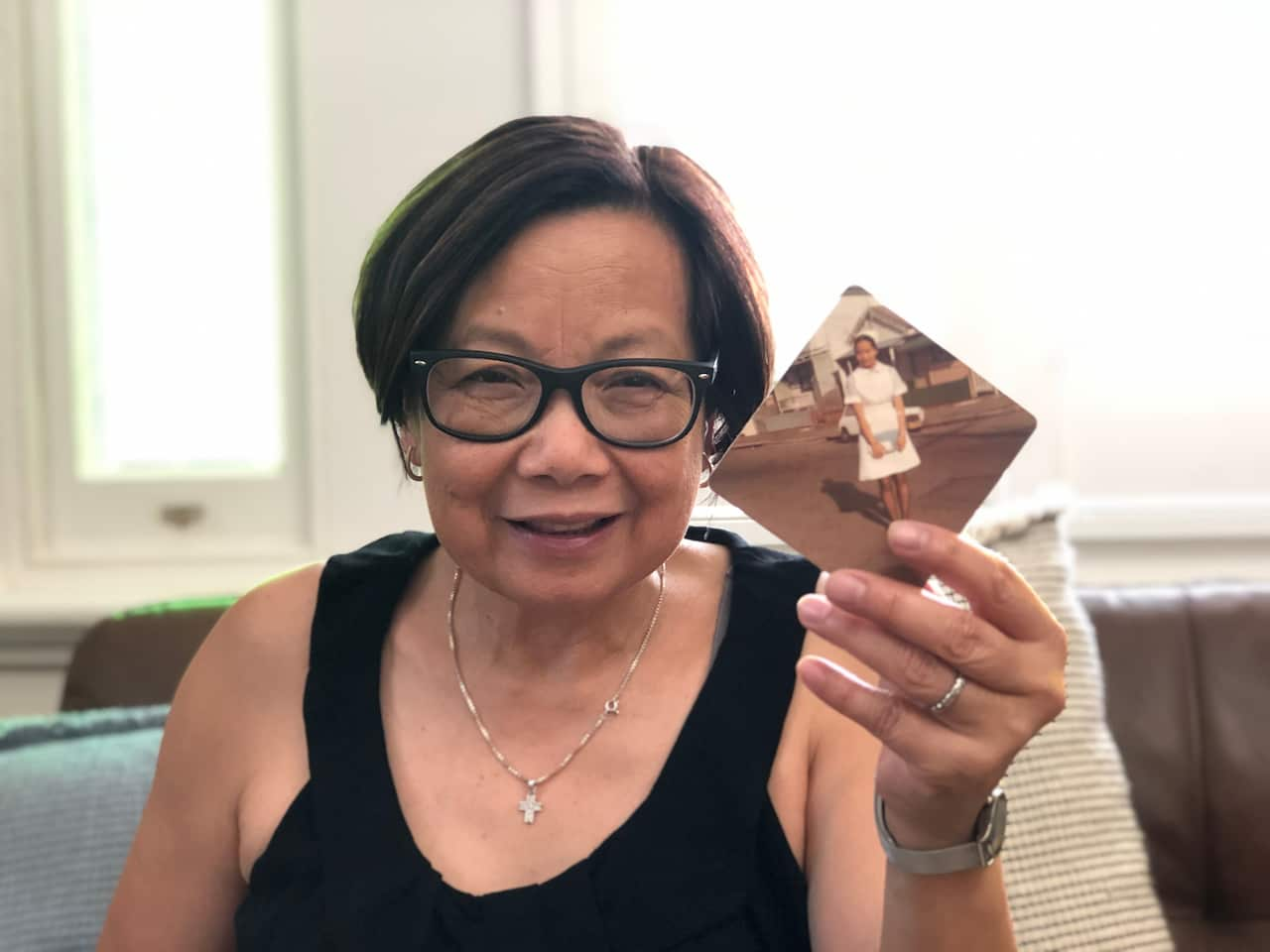
In the decades up to 1981, several thousands of nurses came to Australia from countries including the United Kingdom, Ireland, New Zealand and Malaysia.
And the large-scale arrival of migrant nurses has only increased since.
In the past decade, 60,000 nurses migrated to Australia on permanent visas, mainly from the Philippines, India and the UK, and today almost a quarter of Australia's nursing workforce is made up of migrants.
Agnes, who went on to become a midwife and researcher, said without migrant nurses, Australia's hospital wards "would shut down".
Telling diverse stories
A report by Diversity Arts Australia report found this year that fewer than 10 per cent of Australia's artistic directors are from culturally diverse backgrounds - something playwright Shea strives to help change.
His latest play is just one of a number of his works starring Filipino-Australians.
"If I'm going to put it bluntly, I was tired of seeing Asian women in subservient roles and in roles that aren't that developed, when the Asian and Filipino women that I grew up with were really, really quite successful," he said.
"I want future generations to have something to work with."
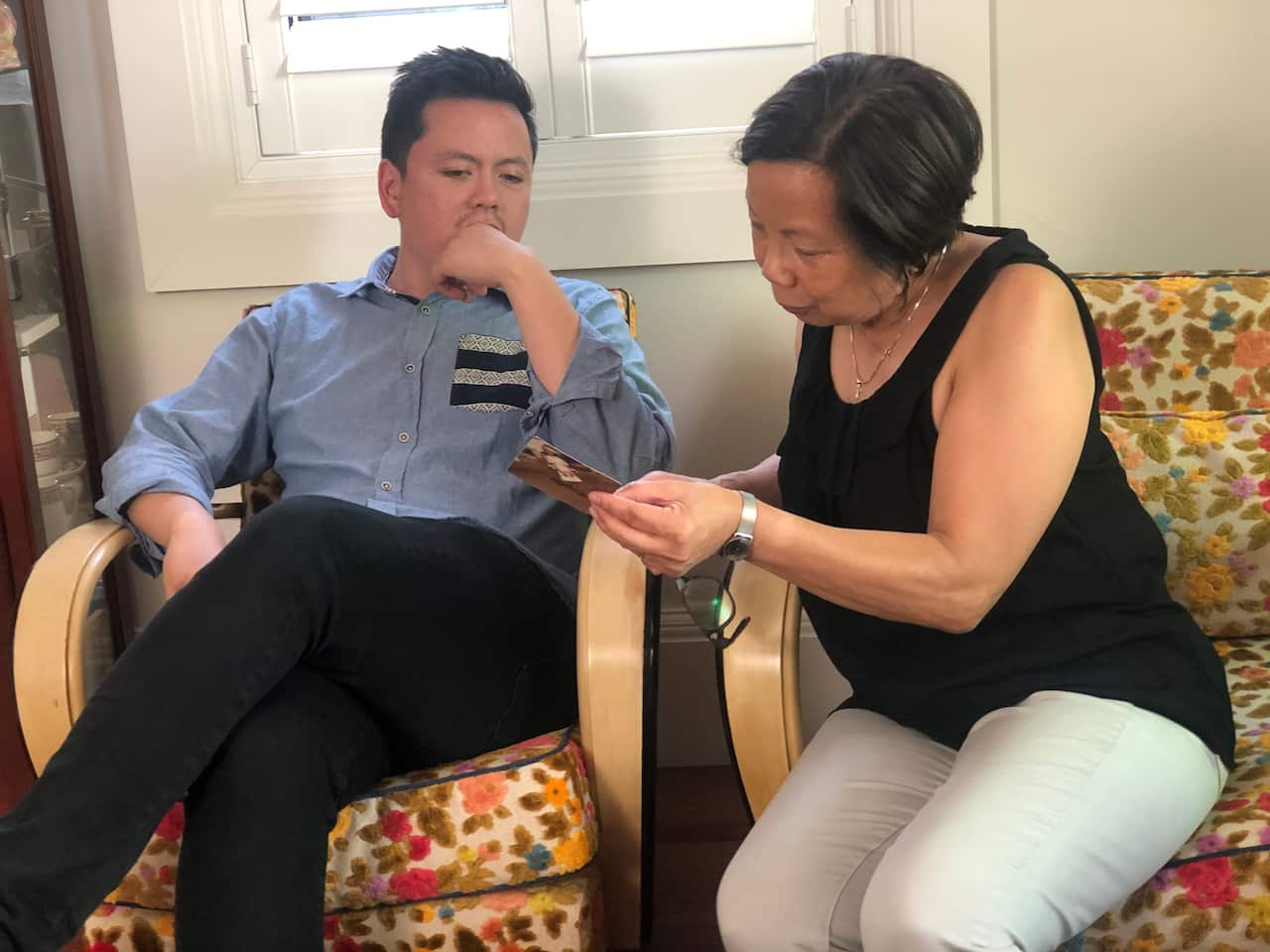
His play is also produced by a production company which primarily pushes female-centric and people of colour narratives.
Founder of Aya Productions and actress Emma Diaz said the company was born out of "frustration" and "passion".
"Being an actress is really delightful but there are often times you feel like you're lacking in opportunity and you don't have control or power over where you are going," she said.
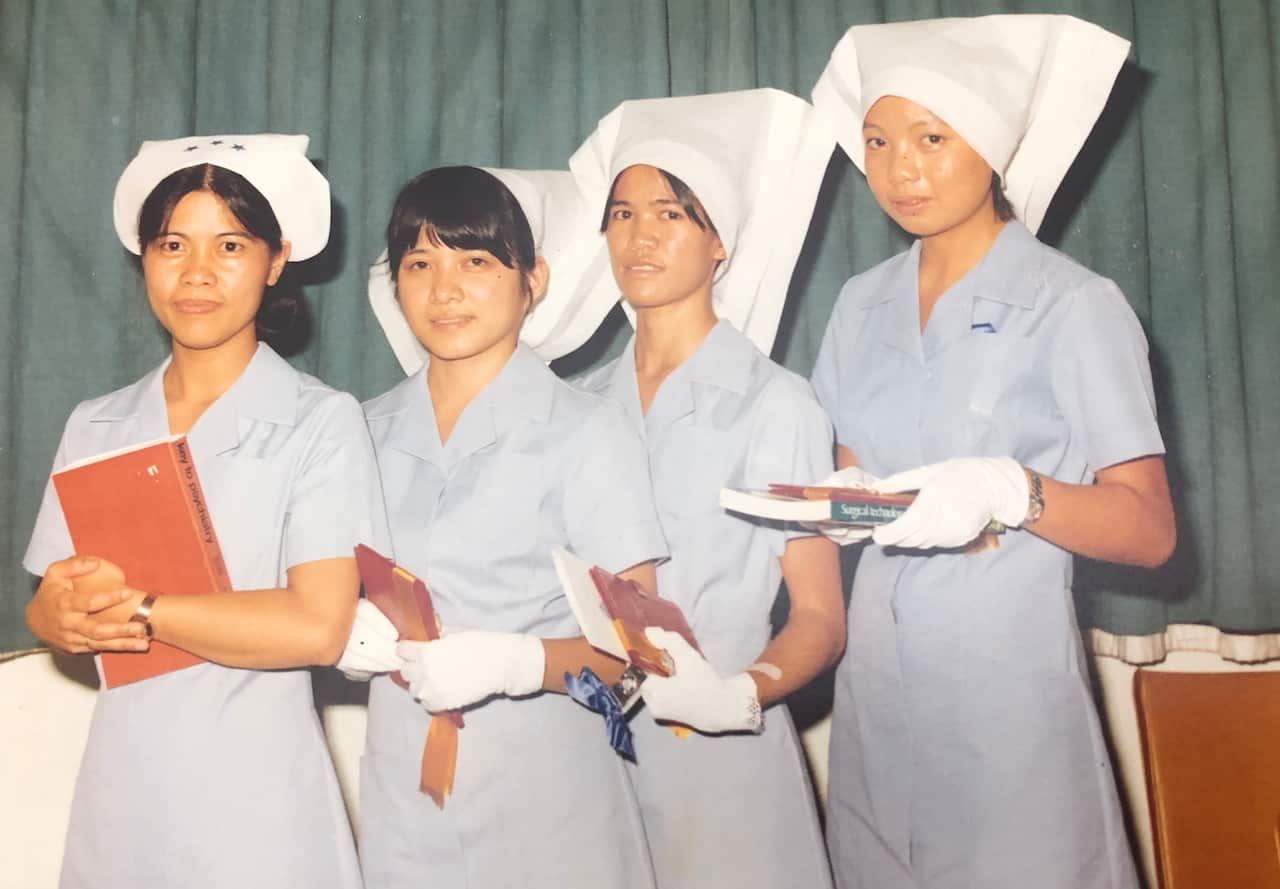
"In the last five years, the landscape has really changed for voices of the powerless, the #OscarsSoWhite and #MeToo movements, these young women standing up and having a voice like [gun control activist] Emma Gonzalez, Greta Thunberg, Malala [Yousafzai].
"It's really the time for everyday stories like Kasama Kita to be told ... Going to experience the theatre helps us become more empathetic to people's experiences."
Diaz and playwright Shea say they hope their work will help Australians to become more aware of who they might be sharing a footpath with, or who they pass in a shopping centre - because everyone has a story.
"The people who come here to make their own, escaping from every part of the world, are incredibly powerful. They have voices, stories," Shea said.
Kasama Kita runs at Sydney's Belvoir St Theatre from 20 November - 7 December.

